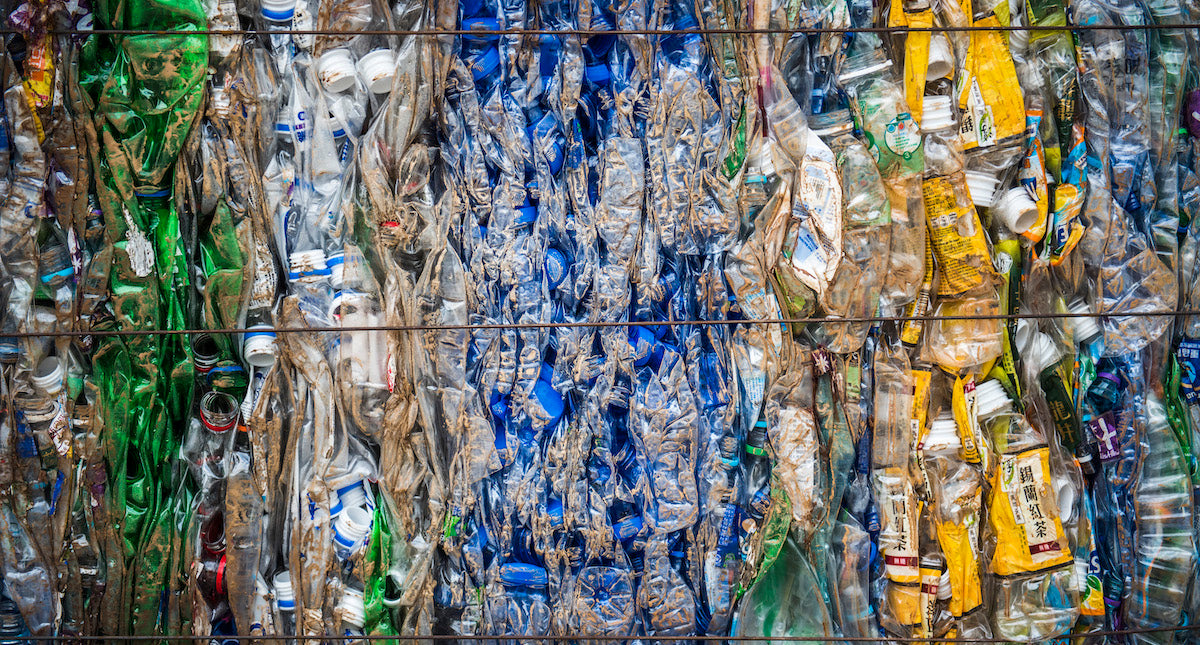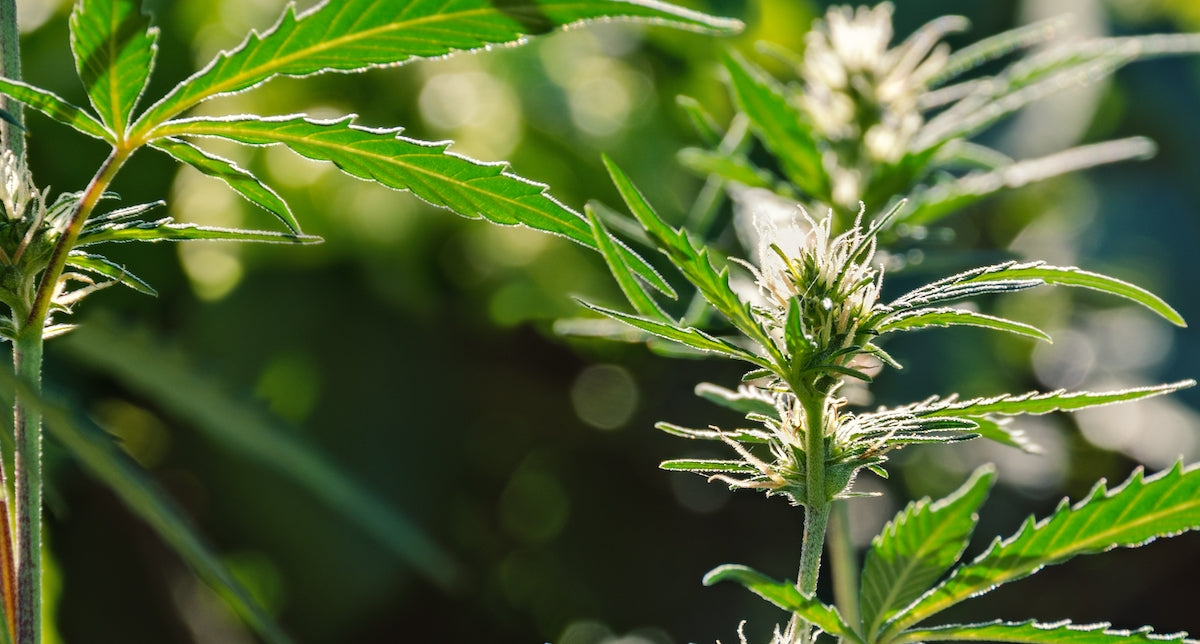
Net Zero Impact
Our brand
Amor & Rosas was born with the aim of incorporating modern design with Mexican artisanal techniques to create a collaborative product. Allowing a chance for a fair creative process of all those involved. Amor & Rosas creates unique, authentic and ethical fashion for the socially conscious consumer.
Currently, Amor & Rosas maintains its focus on offering employment opportunities with fair pay to women artisans who are experts in hand embroidery in Hidalgo and Chiapas; as well as women who make the garments in Mexico City. Always taking care of the environment as a priority by using sustainable materials, we aim to reduce waste but create high quality, long lasting garments.
Amor & Rosas, being a social enterprise, is committed to offering a positive impact to our suppliers, collaborators, clients, and the environment. This is why our supply chain is traceable and transparent. Our values are social transformation, female empowerment, gender equity and environmental sustainability. We are proudly a part of the B Corporation since 2020, seeking to develop and follow a more inclusive and sustainable economy.
Our garments are always designed with the aim of producing high quality and durable items with minimal environmental impact. As a part of our commitment to the environment we source and produce locally. We also believe in the idea of slow fashion as the world deals with a fast fashion epidemic. We produce small batches of shirts, jackets, t-shirts, etc. trying to measure the quantity of fabric we use wisely. Using ecological textiles or upcycled fabric quantities that allow us to produce limited editions. Our packaging is minimal. We don’t use plastic, just an outer layer of recycled paper or cloth bag that you can use later as an accessory.
Our compromise / Net Zero Impact
As part of the B Corps community we join the Net Zero 2030 movement, so in 2022 we pledge to create a plan of action to achieve our carbon footprint reduction as 2030 approaches.
What is Net Zero Impact?
Countries, cities, and companies are increasingly committing to reach net zero by 2050, removing as much CO2 emissions as they can to limit global warming. Short and medium-term emission reduction goals, consistent with the Paris Agreement, are set all over the globe to eliminate the worst impacts of climate change this decade.
The net zero pledges need to be turned into measurable plans and targets for which companies can be held accountable. By aligning net zero targets with standards, these become more transparent, comparable and more likely to be of quality and eventually succeed.
Companies who want to align with the Net Zero Standard need to set long and short-term goals, aiming for deep emission cuts in its scopes 1, 2 and 3 of at least 90% before 2050, and halving their emissions by 2030.
We became part of the B corporation because we are committed to continue making an impact on the community and the world. At the end of the day, we are not just a business, we are human and with this, we believe in empathy. We believe in creating a circular economy and making our days on earth as less harmful as possible.
That's why we want to take it a step further by pledging the Net Zero Impact. There are many things we can start doing right as of today, but we are sure we can always improve as time goes by, and if we want to keep growing as a member of an environmentally conscious community, we are taking any chance we can get.
Our Pledge
Ways we are making an impact at the moment
- What is the company doing that is creating an offset (big or small)?
Positive impact
Amor & Rosas being an ethic clothing company, has a main focus on the social impact that we create. We mainly work with three artisan groups in México, one in Hidalgo and two in Chiapas; these three communities come from under-resourced backgrounds. They have lived, or currently live in a state of poverty that often endangers their quality of life. We ensure a steady income for them and a job that is consistent with a fair salary so they can support their families and see a better tomorrow.
We also offer eco-friendly alternatives in clothing creating designs that are timeless, and consumers can also wear them for decades.
Room for improvement
Even when we are actively trying to reduce our waste, we still find ourselves generating more than we wish. Finding ways to use our waste is one of the solutions we are implementing, and by producing only a small amount of clothes–compared to big fast fashion companies– allows us to generate as little waste as possible.
We occasionally use synthetic fabrics, although most of the textiles we use for our clothing are natural, these are exceptions. Although not all plastic fabrics are bad, in 10 years time we would still be using some plastic materials, but making sure they come from clean plants, made with upcycled fabrics.
Is it worth continuing?
There is a misconception about synthetic fabrics as they are not all bad and the impact they have on the environment. The advantage of these fabrics is highlighted in the duration and endurance of the fabric. Being a synthetic textile, it has better resistance and many more years of use, therefore reducing the time you have to consider buying something new.
Making it happen
Planning and setting goals in the workplace
1) Who? CEO, Employees, Providers
The Amor & Rosas team as a whole.
2) Where? Workshop and stores
As part of our compromise, we are involving all of our brand facilities. These include our Valladolid 55B boutique and our workshop in Álvaro Obregón #248 located in Mexico City.
3) When? Daily/Weekly/Monthly/Yearly goal setting
We are starting our compromise pledging on August 15th 2022. We will be dividing our goals into short and long term, so that progress is made until our deadline in 2030.
4) What? Ideas and brainstorming for an active plan / What available resources are we able to change/reduce/modify? / What are our ideal, personalized targets?
We will be working of five main ideas to pursue in this period of time to achieve Net Zero Impact, this are the following:
- Minimizing our waste
- Volunteering
- Zero tolerance for one use plastics
- Only vegan products
- Creating workshops to educate our employers and audience
Minimizing our waste
As a clothing brand, our aim is to minimize our production waste from the beginning to end stages of manufacturing. We will be implementing a bin system in our workshop, which will be divided in four categories:
- Dust - our smallest form of waste, this will be used to fill our dog beds, an initiative where we upcycle leftover fabric to make beds for pets, and donate them to different animal shelters around Mexico City.
- Small - these are scraps of cloth and fabric that we use around the studio, either for cleaning, sending packages, tying our product to send off, among other uses.
- Medium - to upcycle material, and create different articles for our brand; our most prominent example in this area are our facemasks, over 70% of all our face masks are made from waste from other pieces of fabric and clothing.
- Premium - this pile will conform to our biggest pieces of waste and our finest textiles. Which we can use in new pieces of clothing, upcycling them and generating a whole new piece.
As we generate waste, we find ways to give it new purpose, this being dog beds, t shirts and coats, tote bags, ideally we would like to generate half, if not any waste.
The way we lay down our cutting patterns gives us the opportunity to control how much waste we produce, strategically arranging them to reduce the chance of generating unnecessary waste.
Volunteering
The act of volunteering is essential to a brand committed to reducing its carbon footprint in the way of connecting to our local communities making a direct impact within.
Our volunteering efforts make up different causes close to our main ideals for social impact. We contribute to the communities of the artisans we work with by making a visit to their small communities with efforts to help them in various ways. These include helping them create bank accounts as well as financial tips they can use to manage these.
We also contribute to local dog shelters by donating beds we make from leftover fabric. With this special act, our goal is to give back while using up all the resources we have available.
Our latest effort to contribute to our local communities includes teaming up for a project with a group of architects that localize abandoned spaces in areas with poverty mainly used for high risk situations. Transforming them into new, safe spaces for repurpose.
Zero tolerance for one use plastic
We will be creating an incentive for our employees, so that they dramatically reduce or stop the usage of one-use plastics.
As a brand, in our boutiques, we don't see plastic bags as a packaging option. As a way to upcycle our waste and give it another life, we use our clothing scraps to make tote bags. Making this an alternative to plastic bags as well as providing an easy, sustainable option. Meaning it’s not just used for that particular purchase, but for many future personal uses. Even for our shipments across the country or restock in consignment shops we use sustainable options. We use things like recycled cardboard boxes and dust bags.
Only vegan products
We will start working with providers that market vegan products only, with a zero tolerance for animal based products. This will also apply to products and materials used in our workshop for our pieces manufactured.
Industries impose relentless abuse of animals who are killed for their skin, wool, feathers or fur, endure horrors in their lifetimes; living in cramped and filthy conditions, just to be slaughtered via the cheapest means possible.
In addition to the suffering and deaths of millions of animals, the production of animal-derived materials contributes to climate change, land devastation, pollution, and water contamination.
No a days we have access to earth friendly vegan alternatives, nearly indistinguishable and far superior to real animal-based products.
Workshops to educate employers and audience
We will be introducing workshops with and for our employees, collaborators, providers and audience. Where we educate them on different subjects that are aligned with our work philosophy. Therefore, they can provide a wider understanding of our mission and the role each one of them plays in our commitment to Zero Impact.
We will conduct these workshops monthly, on different subjects; and we are compromised to use our voices on social media, to inform our audience, and other audiences that are not part of our market, on what we are doing, and how they can also get involved in changing the world.
Some of the topics we will be touching include:
- Financial administration for artisans
- Zero Waste living
- Active advocates on generating conscious consumerism
Measuring our carbon footprint
As part of our efforts and commitment towards reducing our carbon footprint, we will be working with Allcot company. They are a project developer that offers knowledge, experience and management to initiatives to reduce greenhouse gas (GHG) emissions to actively combat the climate crisis.
This company markets more that 27 million carbon credits, that represent 6% of the global voluntary carbon market.
This way, our individual efforts will be complemented with actions that actively reduce our carbon footprint.



